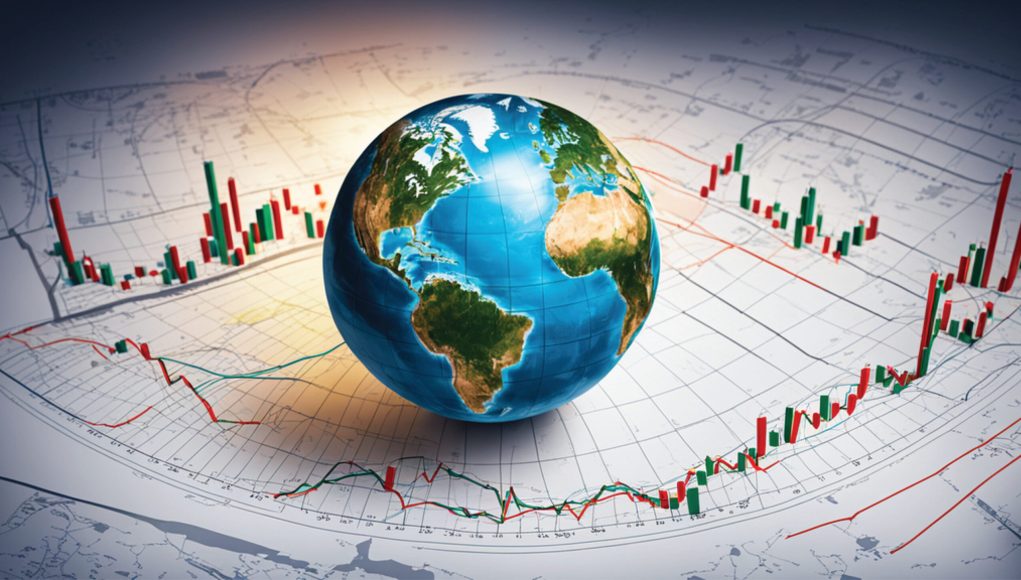Geopolitical events, such as conflicts, trade disputes, and policy changes, have a profound impact on global financial markets. These events create uncertainty, influence investor sentiment, and disrupt supply chains, leading to fluctuations in stock markets, currency values, and commodity prices. In this blog, we will explore how geopolitical developments shape global markets and what investors should watch for.
1. Market Volatility and Investor Sentiment
Geopolitical crises often lead to increased market volatility as investors react to uncertainty.
Key Impacts:
- Stock Market Fluctuations: Political instability can trigger sharp rises or declines in stock prices.
- Safe-Haven Investments: Investors move toward gold, U.S. Treasuries, and the Swiss franc in times of uncertainty.
- Risk Premiums Increase: Companies operating in affected regions may face higher costs due to geopolitical risks.
2. Trade Wars and Economic Sanctions
International trade policies and economic sanctions impact global commerce and investment decisions.
Key Impacts:
- Tariffs Affect Supply Chains: Trade barriers lead to increased costs for businesses and consumers.
- Sanctions Disrupt Global Trade: Countries facing sanctions experience financial isolation, affecting exports and imports.
- Shifts in Trade Alliances: Nations may form new trade agreements to bypass economic restrictions.
3. Energy Prices and Commodity Markets
Geopolitical tensions in oil-producing regions can significantly impact energy markets.
Key Impacts:
- Oil and Gas Price Spikes: Conflicts in the Middle East or sanctions on major oil exporters drive up energy prices.
- Disruptions in Supply Chains: Political instability can limit access to key raw materials like rare earth metals.
- Agricultural Commodity Volatility: Trade disputes affect food exports and import-dependent economies.
4. Currency Fluctuations and Inflation
Geopolitical instability influences currency values and inflation rates worldwide.
Key Impacts:
- Stronger or Weaker Currencies: Uncertainty leads to capital flows into stable economies, strengthening currencies like the U.S. dollar.
- Rising Inflation Risks: Disruptions in trade and supply chains can lead to higher consumer prices.
- Central Bank Interventions: Governments adjust monetary policies to stabilize their economies in response to crises.
5. Investment Strategies During Geopolitical Uncertainty
Investors can adopt specific strategies to navigate volatile markets affected by geopolitical events.
Key Strategies:
- Diversification: Spreading investments across various asset classes reduces risk exposure.
- Defensive Stocks: Investing in stable sectors like healthcare and utilities provides stability during uncertainty.
- Monitoring Global Events: Staying informed about geopolitical trends helps in making timely investment decisions.
Conclusion
Geopolitical events play a crucial role in shaping global financial markets. From trade wars and economic sanctions to energy price fluctuations and currency instability, these factors influence investor behavior and economic stability. By understanding how global politics impact markets, businesses and investors can make informed decisions to mitigate risks and seize opportunities in an ever-changing world.
Stay updated on geopolitical trends to navigate global markets with confidence!



































